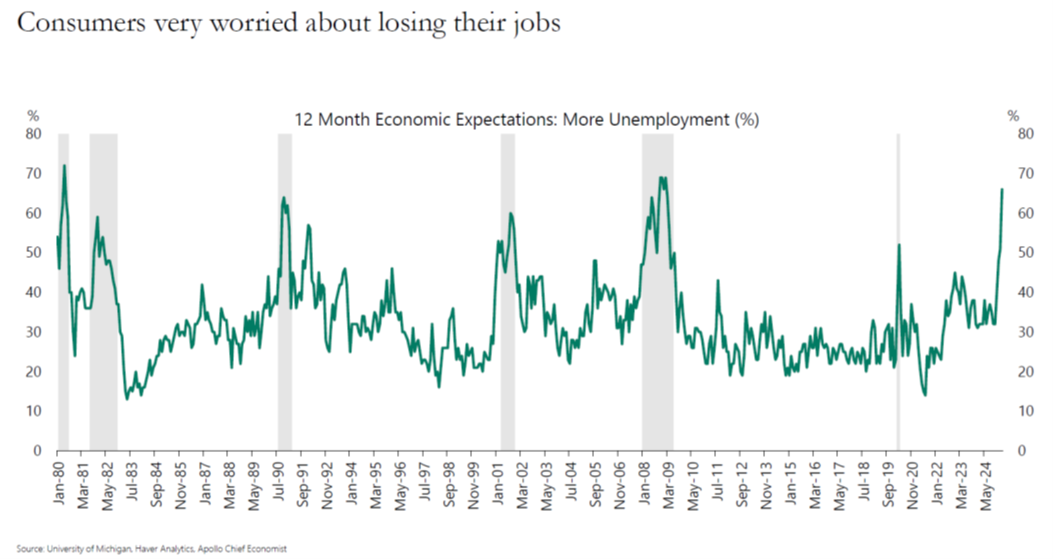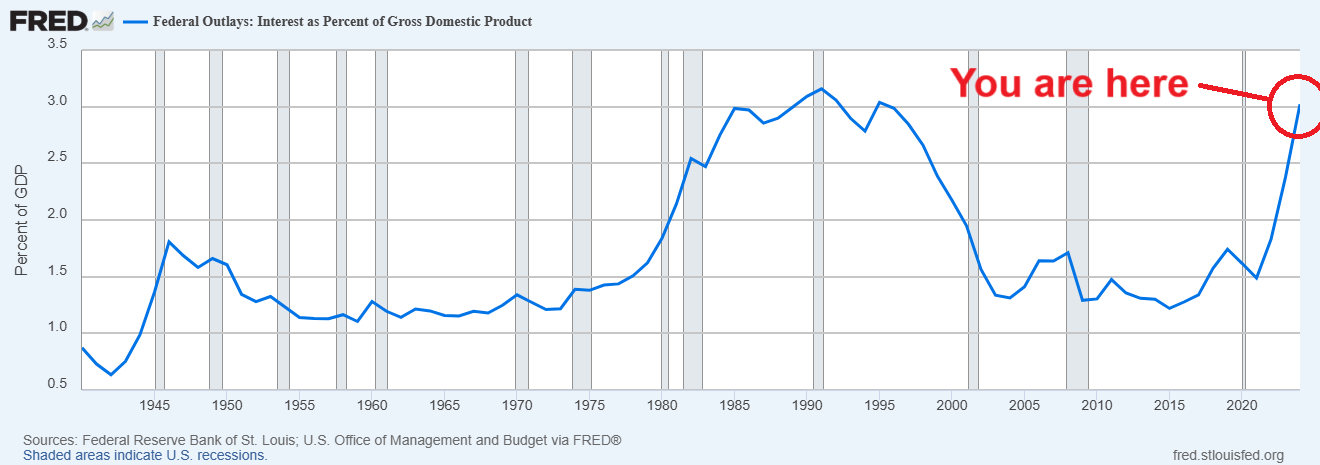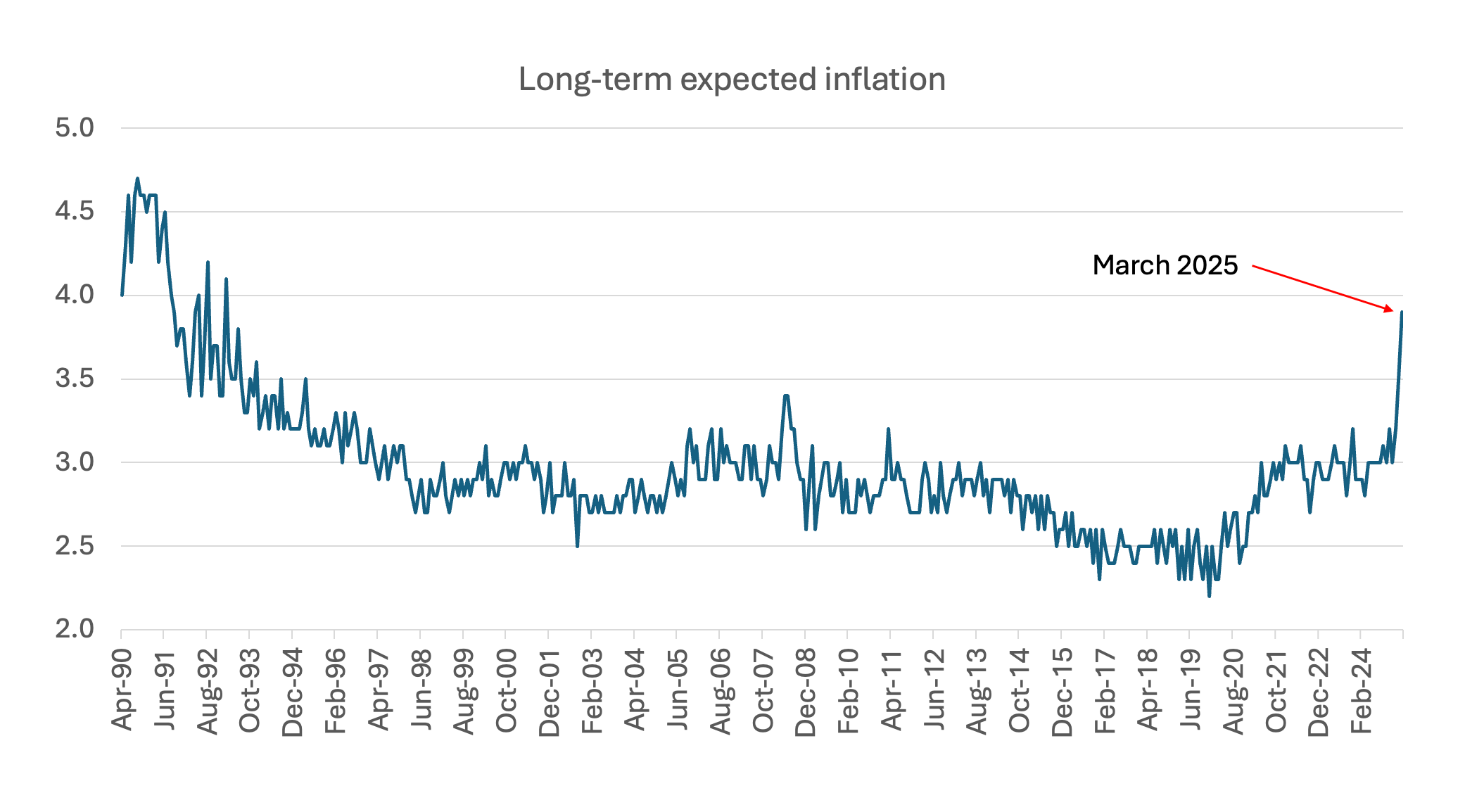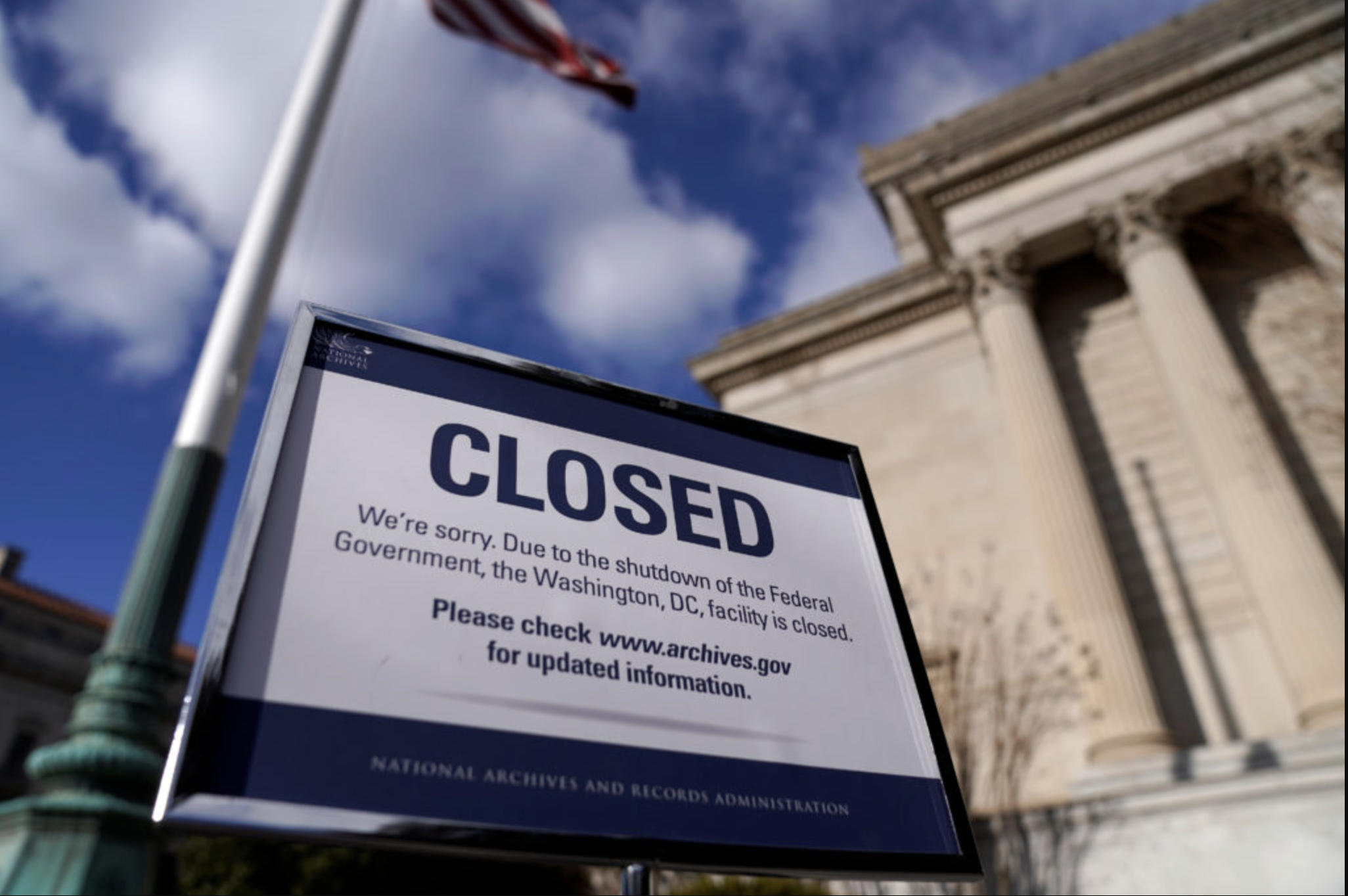
3101. 2025 March Madness Predictions
Nate Silver discusses his college basketball forecasts for March Madness, detailing the rating system and projections based on historical data and team performance.
your daily dose of economic commentary

Nate Silver discusses his college basketball forecasts for March Madness, detailing the rating system and projections based on historical data and team performance.

An argument that consumer sentiment and financial indicators suggest a significant probability of recession occurring soon, with analysis based on regression models and historical data.

An argument that the national debt is a growing concern exacerbated by both major political parties, particularly due to recent spending and tax policies.

An argument that market corrections are often mischaracterized as healthy, highlighting their negative implications and the risks of assuming beneficial long-term effects from certain economic policies.

David Henderson discusses various articles covering topics like government regulations, legal cases, and pollution in his weekly reading and viewing roundup.

An argument that collective decision-making can undermine individual rights, particularly regarding capital inflows, highlighting the potential dangers of government control over economic choices.

An argument that inflation trends, consumer sentiment, and political promises influence economic conditions, particularly in the context of recent U.S. inflation and its implications for future policies.
Bill McBride discusses expectations for the FOMC meeting, predicting no change to the Fed funds rate and highlighting economic projections for growth and inflation.

The discussion focuses on a series of videos about causal inference, specifically targeting parameters and the implications of data weighting in different geographical contexts.

An argument that the increasing demand for copper is critical, potentially overshadowing concerns about rare-earth minerals due to its essential role in various technologies.

Art Carden critiques the New History of Capitalism and defends Ludwig von Mises against misinterpretations, highlighting his anti-Nazi stance through a Batman comic reference.

David Folkenflik discusses the indefinite paid leave of 1,000 Voice of America employees and the termination of contracts with other U.S.-funded networks.
Alex Tabarrok discusses how a drug shortage led to increased supply through compounding pharmacies, highlighting the implications of relaxed FDA regulations on the market.

Paul Krugman discusses economic pessimism and recession risks with Neil Dutta, emphasizing the interplay between macroeconomic forecasting and political factors.

Bill McBride outlines key economic reports and events scheduled for the week of March 16, 2025, including retail sales and housing data.

The author shares experiences from a recent trip to South Africa, discussing talks, personal reflections, and the country's economic challenges and beauty.
Tyler Cowen discusses Dalton Conley's research on how genes and environment interact, influencing behaviors and outcomes in social networks and familial settings.

An argument that Social Security was designed as a flawed intergenerational scheme, leading to ongoing financial issues and entitlement mentality among citizens.

The post discusses the negative impacts of the Trump administration, likening them to the biblical figures of War, Death, Pestilence, and Famine.

An argument that Democrats should have opposed a budget resolution to avoid a government shutdown, emphasizing the potential political consequences of supporting Trump’s agenda.